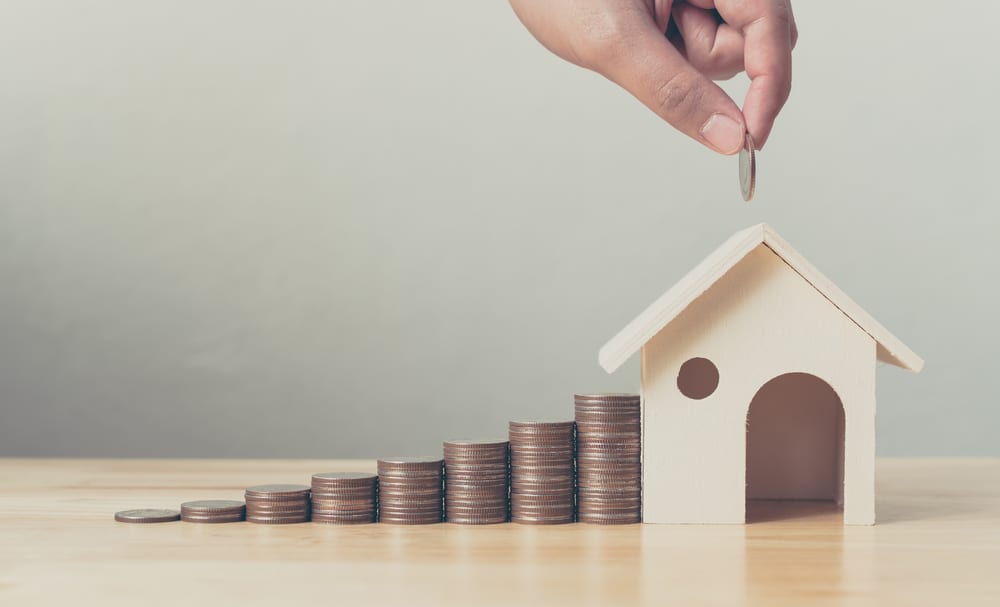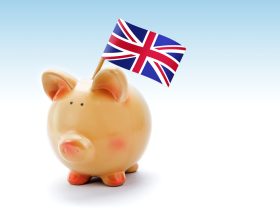There are many options for property investment in the UK in 2020 and many of those who move to the UK choose to buy rather than rent. Prices vary greatly across the different countries and regions, but mortgages in the UK are available for those who can afford it. Perhaps the most important consideration for any investor is the question of location and properly researching where to put your money can be the difference between a successful investment and a failure.
Should you rent or buy a house in the UK?
If you’re planning to stay in the UK long-term or you’re keen on a particular area, buying a house or apartment in the UK can be a feasible solution, particularly considering the record-low interest rates on mortgages in recent years.
However, renting in the UK may be a better choice for foreigners intending to stay only a few years; it may be more difficult to recuperate stamp duty and other costs in the short-term, as well as potential capital gains tax if you sell. Renting also allows newcomers to get a feel for different neighbourhoods and be in a position to put a quick offer.
Can expats buy a house in the UK?
There are no legal restrictions on expats buying property in the UK. Foreigners and non-residents can also get a mortgage in the UK. However, those with less than two years of residency in the UK and without a job may face more stringent requirements and a bigger deposit. You will need to appoint a UK solicitor or conveyancer to handle the legal paperwork for property investment in the UK in 2020.
Generally speaking, the same taxes apply on both property and property-related income for non-residents as for UK residents; stamp duty is paid at the same rate and Capital Gains Tax will be paid at the same rate if the property is sold at a profit. If you’re a non-resident landlord of a UK property, you’ll need to pay tax on rental income in the same was as resident landlords, although you may be able to get an exemption if you pay tax on this income in your home country and your country has a double taxation agreement with the UK.
The UK property market and property prices
There has been uncertainty regarding the UK property market since the Brexit vote in 2016, however, the average house price across the UK has remained fairly stable and is currently around £228,000. House prices are more expensive in the UK than anywhere else in the EU with average costs per square meter being £21.27. This is nearly double the amount of the next highest average in Europe, which is in France at £11.38. Prices in London are more expensive than in other major city, currently at an overall average of £473,822. Average overall costs for other major cities include – Manchester at £193,415, Edinburgh at £292,644, Cardiff at £250,618, and Belfast at £159,562.
Costs of buying a home in the UK
The costs associated with buying a home in the UK can be roughly split into two sections: upfront costs and ongoing costs.
The upfront costs to buy a house in the UK include:
Stamp duty – this applies to all property purchases over £125,000.
Deposit – if you take out a UK mortgage to buy a house in the UK, you’ll need to pay a deposit.
Mortgage costs – if you take out a mortgage to buy your home, there are various fees associated with this including arrangement fee, booking fee, and valuation fee. These can add a couple of thousand pounds to the costs.
Legal fees – you will need to employ a solicitor or conveyancer to act on your behalf, whether you take out a mortgage or not. These fees can be upwards of £1,000.
Land registry fees – these are paid to the UK government for the purpose of transferring the property’s legal deeds to a new owner.
Removal costs – These are the costs of transferring your possessions to the UK from your old home. If you pay a removal company to do this, costs will depend on how much you have to move and how far it has to travel, but average costs can be between £300-600.
The ongoing costs of buying a home in the UK include:
Mortgage repayments – you’ll have to start paying back your mortgage the month after buying your home.
Maintenance and repairs – if you buy a new-build or a home in good condition, these should be reasonably low. If you buy a house in the UK that needs a lot of work, it’s sensible to make a budget for how much additional money will need to be invested in the property.
Insurance – building insurance and home contents insurance will cost each month, if appropriate.
Regular bills – you’ll need to pay council tax at a rate depending on the value of your property, plus utility bills in the UK such as gas, water, and electricity.
Leaseholder costs – if you buy a leasehold property, there may be additional charges such as ground rent which can be £50-100 a year.
Financing a property purchase in the UK:
Mortgages in the UK
If you need help financing the purchase, non-UK nationals can get an investment loan from a bank or mortgage broker. Most mortgage lenders offer various fixed-rate and variable-rate mortgages. They require you to raise a deposit, which is typically between 5-40%, though it is usually higher for non-residents. It may also be possible to secure a home loan abroad against existing assets, but there may be tax implications. Lender arrangement fees also vary by lender but can include a mortgage booking fee and an arrangement or completion fee.
Assistance schemes in the UK
The UK government has introduced Help to Buy to help potential homeowners take their first steps on the property ladder in the UK. Social housing tenants have the right to buy their homes if they’ve been a tenant for at least 3 years. The government also offers a range of easy-to-use calculators through its Money Advice Service that can help you determine what you can afford and the likely monthly cost of a mortgage.







Leave a Reply